The Supreme Court ruled today that the law banning TikTok is not a violation of free speech. Unless an extension is put in place, the ban is slated to take effect this Sunday.
The impending TikTok ban has been shocking to most teens and social media influencers. TikTok, an app that is mainly used for entertainment–such as funny videos or even creating videos for informative reasons–became widely popular in the United States in 2018. However, starting off as Musical.ly, which was mainly used for lip syncing videos, the company merged with a new platform and evolved as TikTok in September of 2016.
The platform grew immensely over the years, with dedicated users turn to the app daily. This social media platform is on the verge of getting banned on Jan. 19 due to national security threats. The treat stems from what the Chinese-owned company ByteDance does with the data collected on its users, rather than the content of what appears on TikTok. Thus, if the company does not divest its interest from that of the Chinese government by Sunday, the ban will supposedly go into effect. Concerned are the many social media influencers who have been making a living wage just on the app itself.
Taking office just one day prior to the impending ban, President-elect Trump may weigh in on the matter. “The Supreme Court decision was expected,” Trump indicated online, “and everyone must respect it. My decision on TikTok will be made in the not too distant future, but I must have time to review the situation. Stay tuned!”
Meanwhile, sophomore student at Elkhart High School, Maleah Rollins, isn’t overly concerned either way. “Most influencers are on more than one app, so they will lose some followers but not much.” Even though TikTok is similar to other social media apps–such as Instagram or YouTube–it still has its unique features that makes it uniquely its own app. For instance, the app has its creative capabilities that can inspire many people, and its viral trends can connect others all around the world.
Matthew Toillo, also a sophomore student, contends that the ban is nothing but hype. “The ban is unlikely because people not only make a living off of TikTok but also spend money on currency within the app, as well.” He then points out that “users invest money into funds for livestreams with donations and gifts, as well as spending money for views,” with TikTok showing how many users support small creators.
This ban will also have a likely impact on small businesses, as well. Tanya Bello, yet another a sophomore, agrees with this statement. “The ban will definitely lower the viewership of products and services that small businesses provide.” She also believes that “since TikTok is so popular, it would be difficult to advertise on other platforms.” Many small creators depend on TikTok’s algorithm and views to help support them.
Understandably, many in the country are on pins and needles to see what transpires regarding Sunday’s expected ban on TikTok. This app has came long ways since its release and has impacted millions with its creativity, providing users with full control to create their own space. As the clock ticks down, it will be interesting to see what the future of TikTok will be.







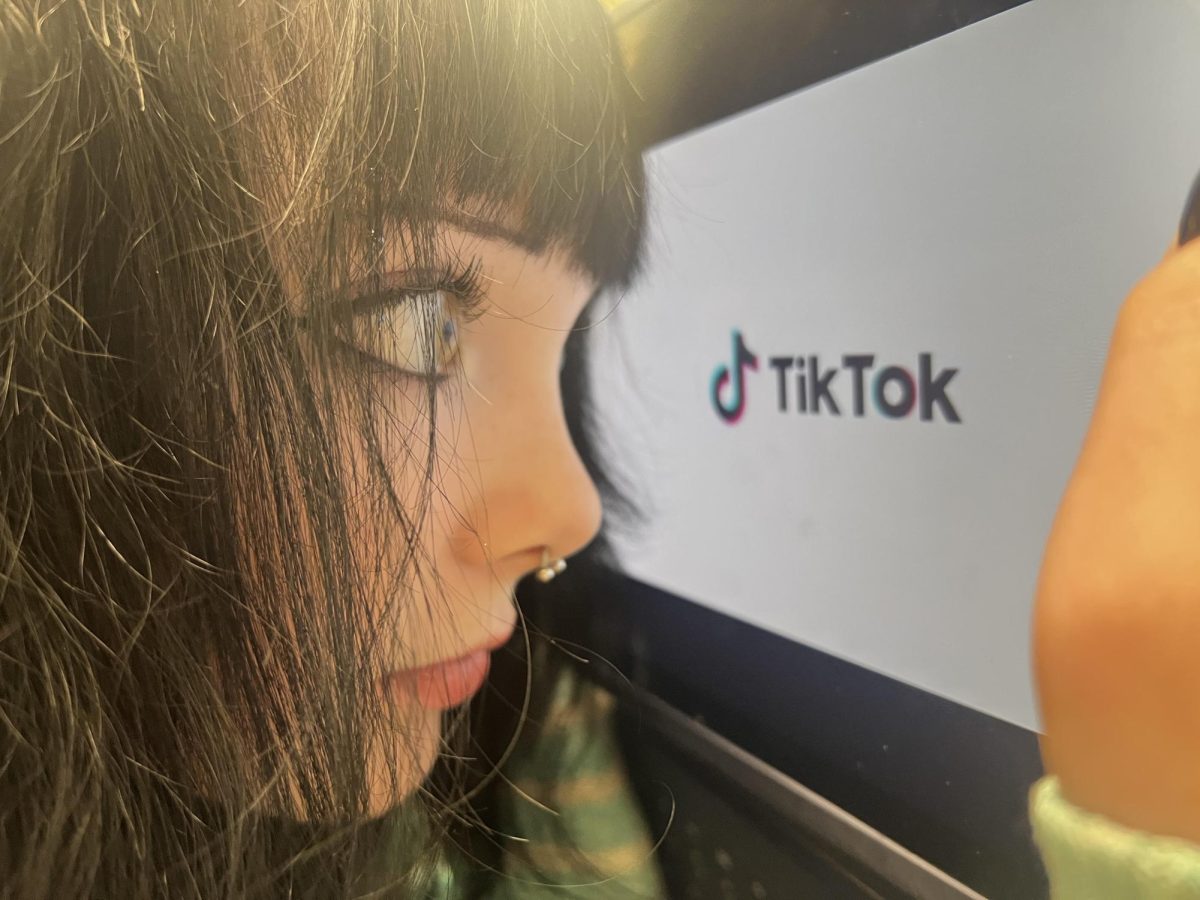



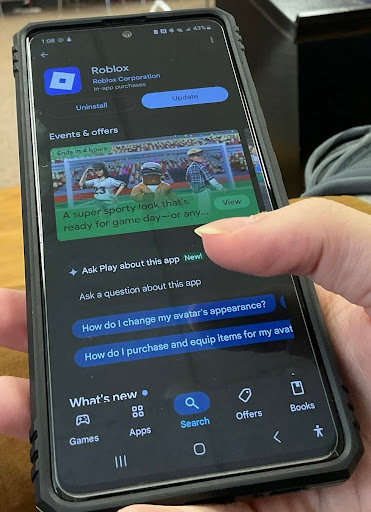
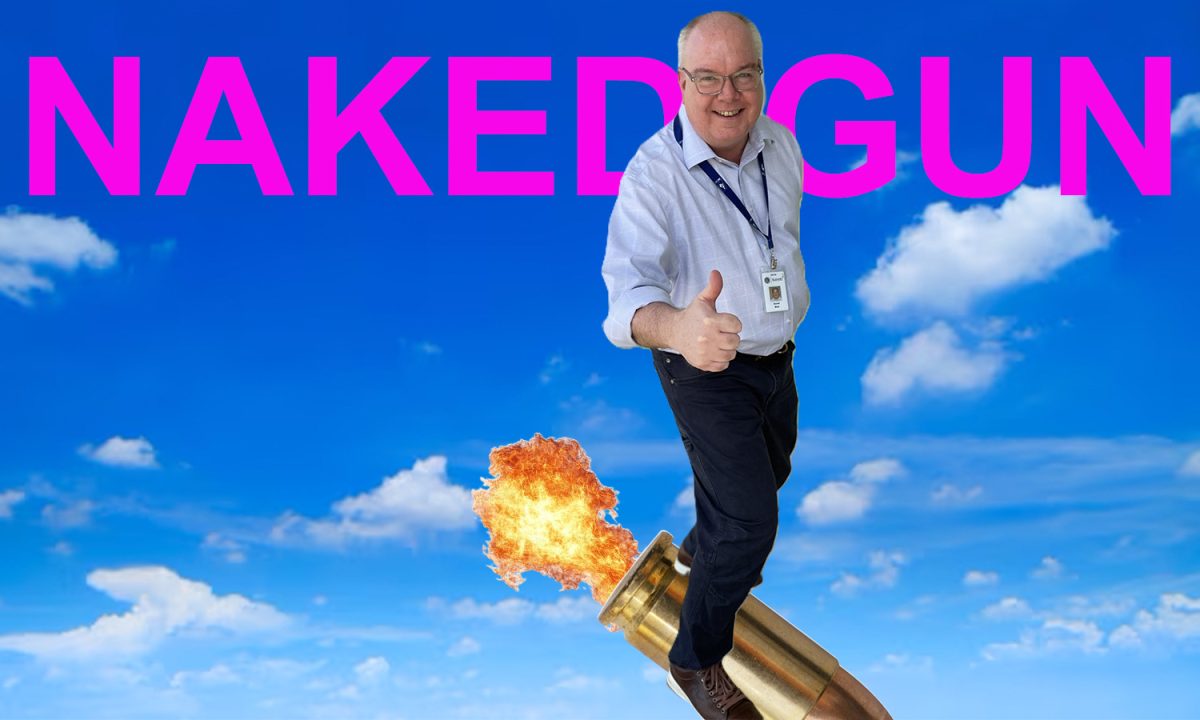
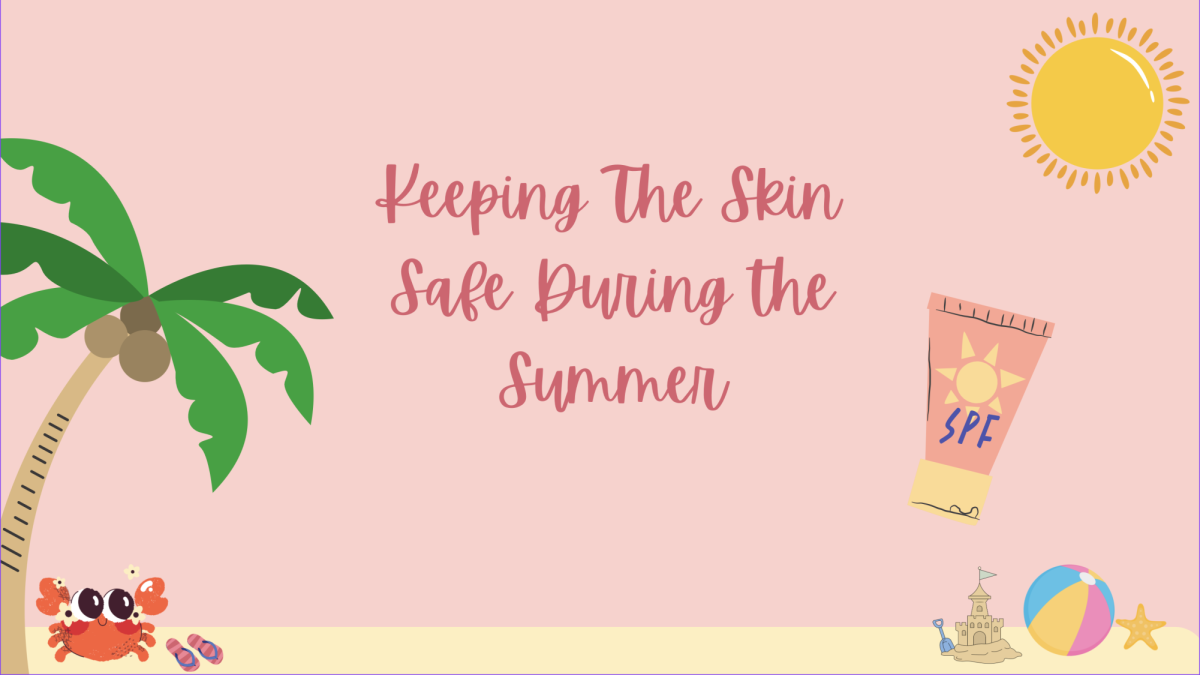
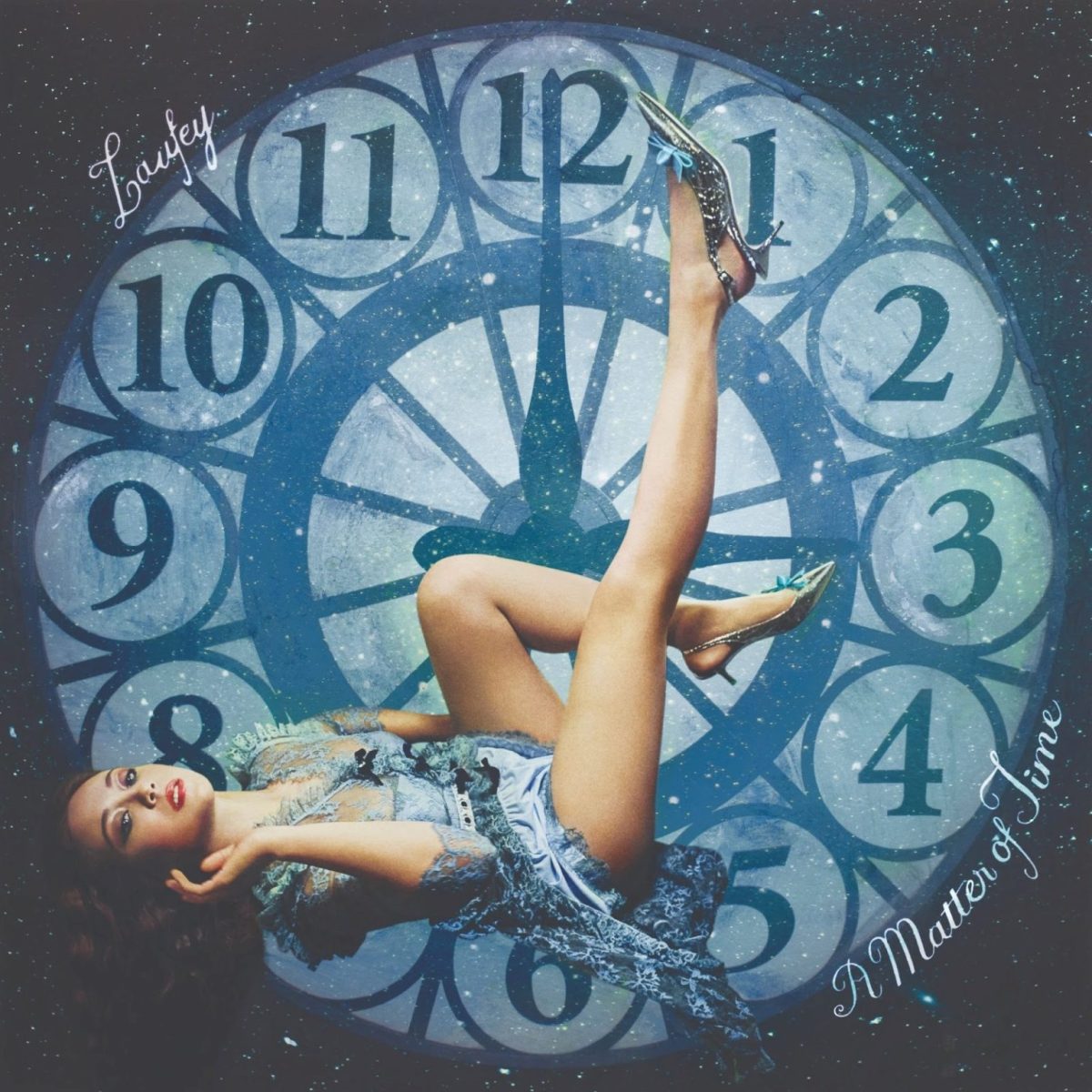



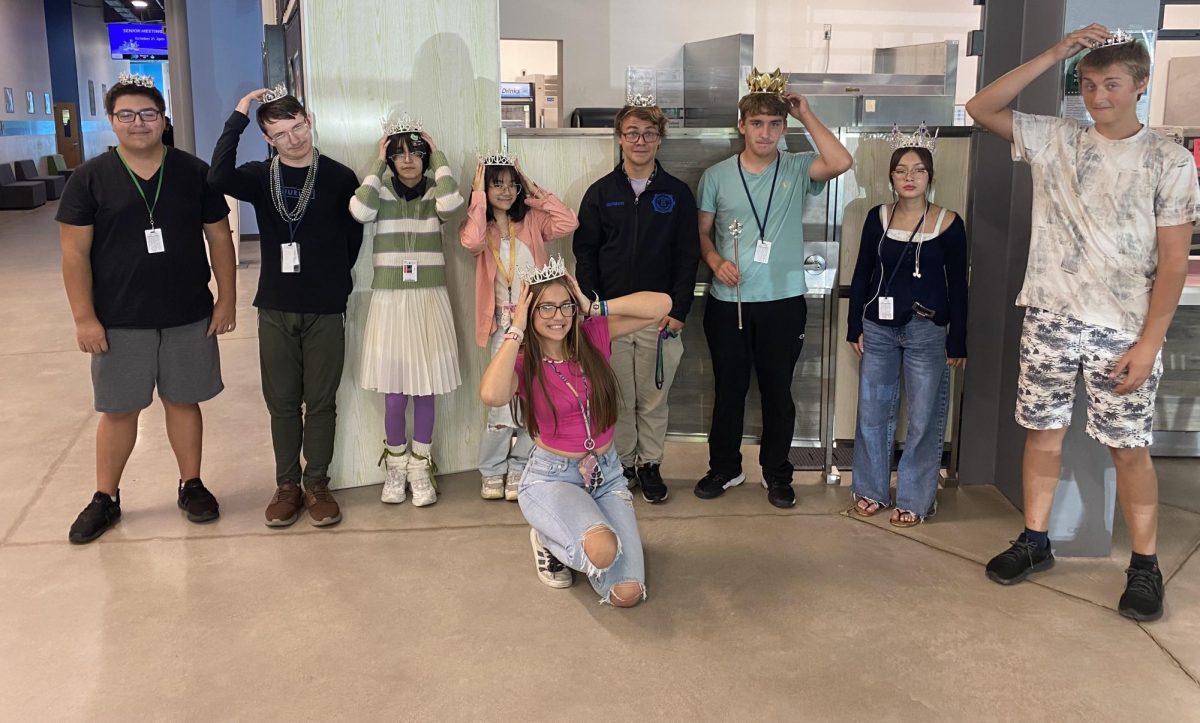
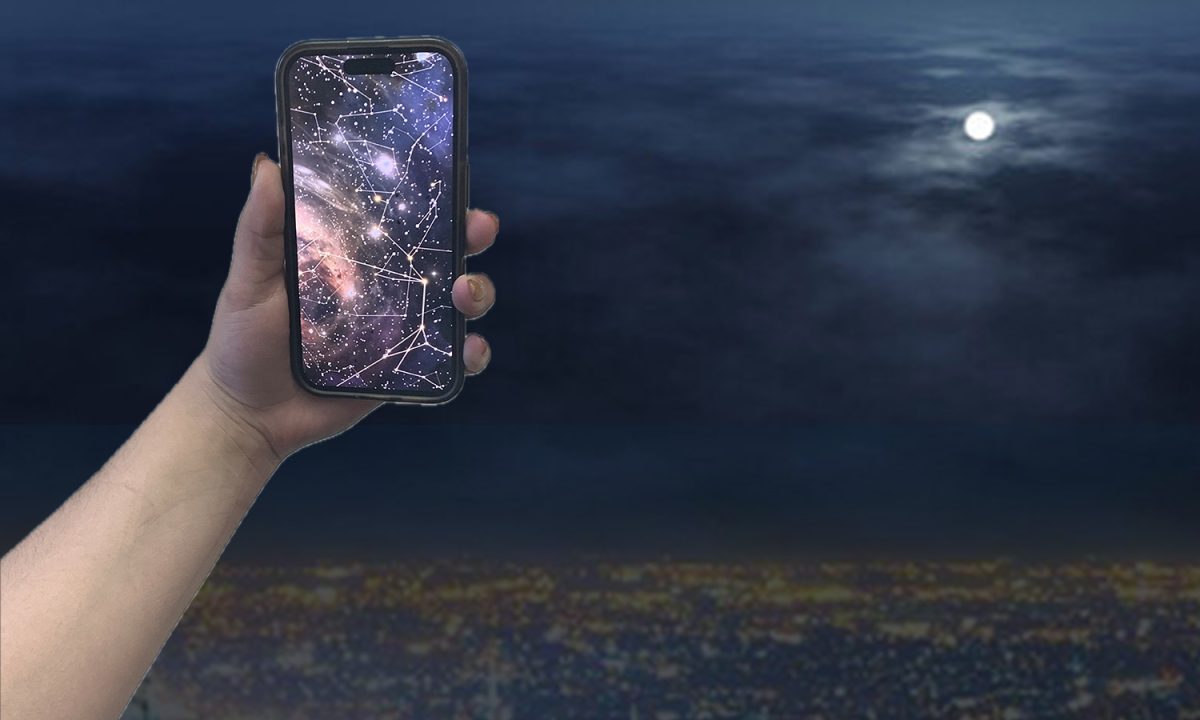

Aven Reed • Jan 27, 2025 at 5:08 pm
I was so confused the day after they banned it when I was able to get back in to it.
Aven Reed • Jan 27, 2025 at 5:00 pm
It was so weird seeing it get banned, and then getting back on it the next day.
Ella Perry • Jan 24, 2025 at 10:56 am
Really good article!
Kaylin Rumler • Jan 22, 2025 at 10:09 pm
Although this isn’t what anyone really wants I think it’ll really help with some people’s unhealthy screen time habits. I know at least for me once I deleted the app I found myself spending less time on my phone.
Ashley • Jan 22, 2025 at 1:41 pm
I think it is interesting that they are worried about the data the Chinese are collecting when they are not banning all Chinese-owned companies in the US.
Emma Kalmar • Jan 22, 2025 at 1:21 pm
TikTok shouldn’t be banned! I get a bunch of information about things on the app that you can’t find on any normal new channel, TikTok should stay! And it’s so entertaining to watch all the different videos.
Kaelyn Godfrey • Jan 22, 2025 at 12:10 pm
I really like the picture you used and this was a really good article!
Jazlyne Torres • Jan 22, 2025 at 11:54 am
This is very interesting to know more about the topic, but i am glad the app didn’t actually get banned.
Mia • Jan 22, 2025 at 9:52 am
I think that everything was well said and I agree that it would have impacted a lot of small businesses because they would have to find a new platform.
Kendra Neighbors • Jan 22, 2025 at 9:43 am
I think that banning tik Tok is not really a top priority right now. I also think that tik tok being banned is not a good idea because it is an app where all people and connect and be comfortable posting their videos.
Matthew Todillo • Jan 18, 2025 at 10:18 pm
Spectacular